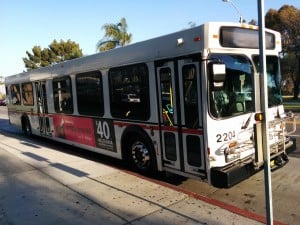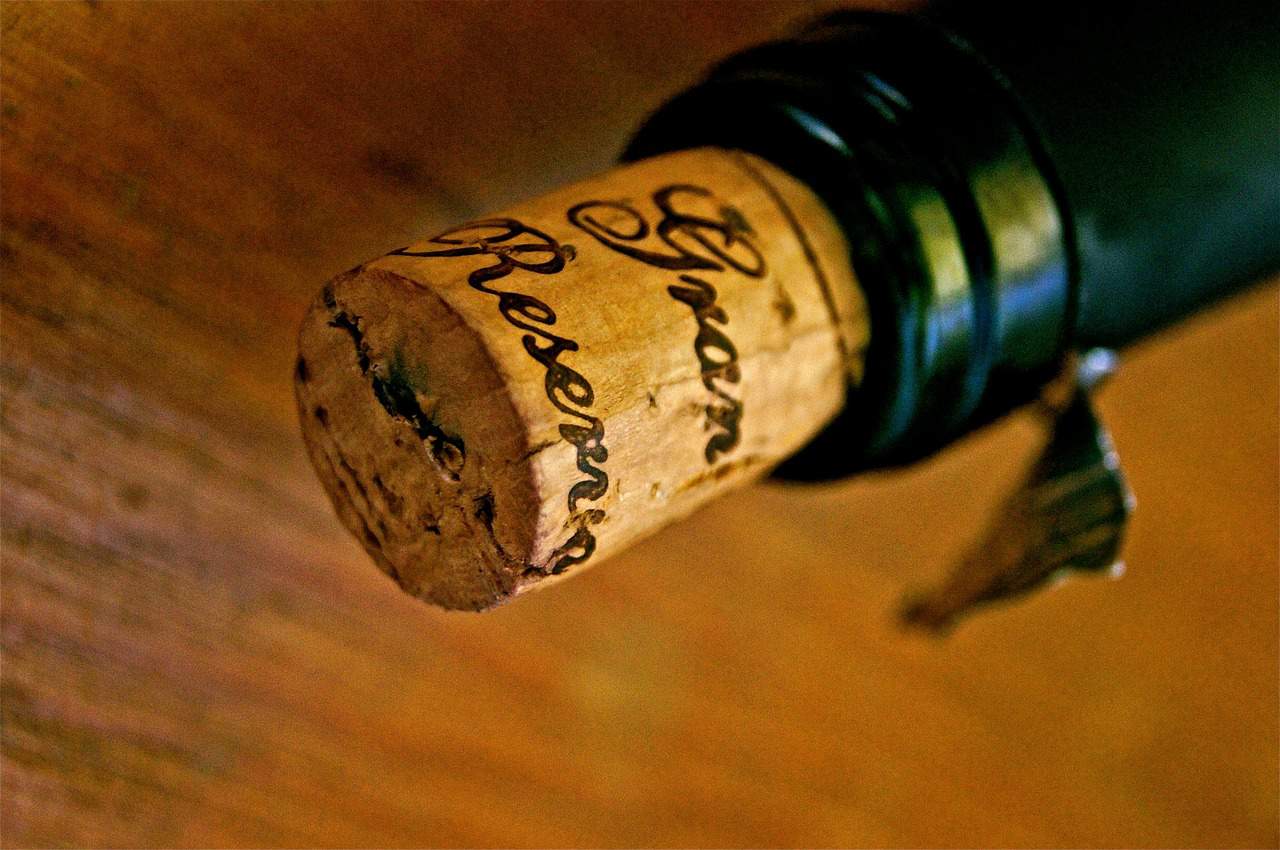 Bad habits are hard to break, and when it comes to habitual drinking and driving, there’s a lot more to consider than a one-time error in judgment. Habitual drinking and driving has many causes that are best left to professionals in that field, but, habitual drinking and driving can also be stopped in its tracks when it comes to driving privileges.
Bad habits are hard to break, and when it comes to habitual drinking and driving, there’s a lot more to consider than a one-time error in judgment. Habitual drinking and driving has many causes that are best left to professionals in that field, but, habitual drinking and driving can also be stopped in its tracks when it comes to driving privileges.
New York State has taken some major steps in reducing the number of drunk drivers on the road. The state requires ignition interlock devices for all DWI offenders, with extra tough penalties for DWI child endangerment and other aggravating factors in any drinking and driving incident. New York also has reduced the number of habitual drunk drivers on the roads by simply denying them a license to drive… perhaps forever.
A downside to this policy for habitual DWI offenders is the “habit factor.” If a person who feels they can drink and drive only sees the open road, and not a suspended or revoked license, they’re likely to still commit the same crime. A suspended or revoked license doesn’t stop an engine from starting, or make a DWI offender rethink their level of sobriety, which is why ignition interlocks are there to fill in that habitual offender gap, before even more damage is done.
Habitual drinking and driving destroys lives, whether the victims that are harmed during a DWI accident or the family, friends and loved ones of the offender. There are all types of ways to reach a habitual offender and get them back on a safe road to a better life. Taking away the temptation to drink or the ability to legally drive are important aspects of rehabilitation, but, the surefire way to keep a habitual drunk driver from hurting anyone else is with an ignition interlock device.

 Missouri Culinary Students Can “Taste” Alcohol
Missouri Culinary Students Can “Taste” Alcohol
Leave a Reply
You must be logged in to post a comment.